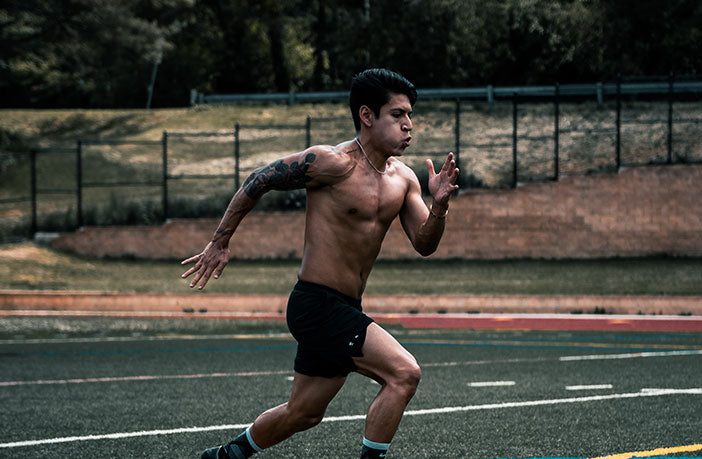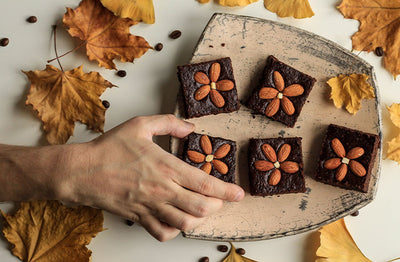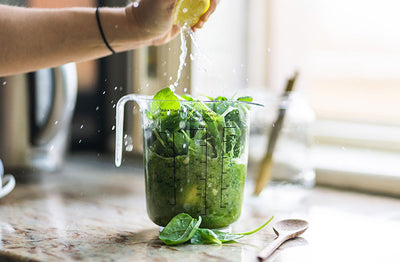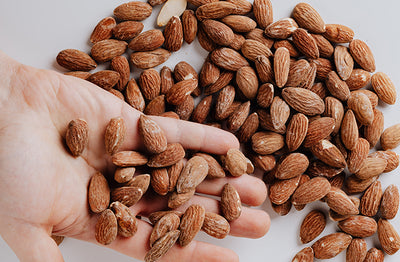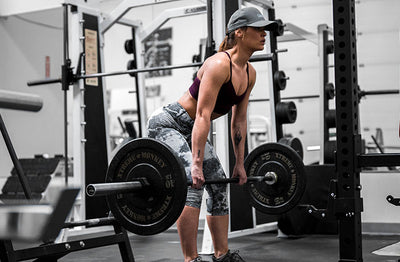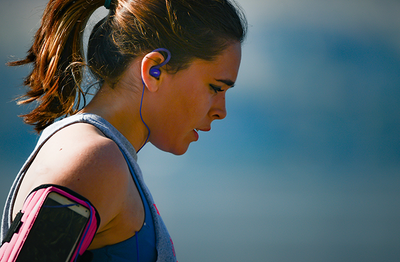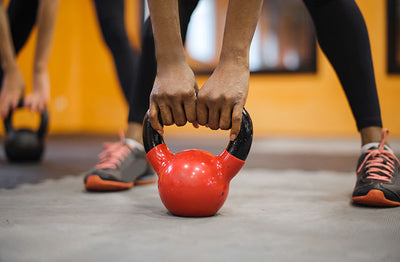With only a few weeks until the Tokyo Olympics, we take a look at what it takes to fuel an Olympic sprinter. Unsurprisingly, it takes years of intense training and huge amounts of discipline for athletes to achieve their Olympic dreams – including sticking to a strict diet to fuel their bodies. We take a look into what an Olympic sprinter eats and when they are training in the lead up to their event and after.
Training
Nutrition can have a huge impact on a sprinter’s performance. During training, sprinters have to maintain a nourishing and balanced diet with a mix of protein, carbohydrates, vitamins and minerals.
To compete at the highest levels, they need to make sure their nutrition is on point, and they have enough energy for demanding training schedules, without gaining body fat, which can affect performance.
Pump up the protein
Quality protein from sources such as eggs, meat, fish, nuts, beans and dairy are a really important part of a sprinter’s diet. Protein allows muscles to recover, repair and develop after sprint and resistance drills, which cause minute damage to the muscle fibres. Protein should make up around 60 percent of a sprinter’s calorie intake. Many elite sprinters will also have a protein-based drink after training sessions to help recover. We recommend
Dymatize ISO 100,
Optimum Nutrition - Gold Standard 100% Whey,
Muscle Pharm COMBAT 100% WHEY, and
GHOST WHEY.
Kick the carbs
Unlike some endurance athletes, sprinters don’t need to carb-load with bread, potatoes, rice, pasta and cereals before training and events. Sprinters instead need to get their carbs from fruits and vegetables, especially dark-coloured ones like spinach, kale, broccoli, leeks, cabbage, and all types of berries.
Carbohydrates are still important for sprinters as sprint training uses a huge amount of a compound called glycogen. When we eat carbohydrates, they’re broken down and stored by the body in the muscles and liver in the form of glycogen. Sprint training can deplete glycogen stores as it’s the only fuel available to the body when operating at that intensity. So, it’s important to restock the lost glycogen and repair any routine muscular damage that’s been done.
Game on
When the Olympic Games draws closer most athletes have already put in the hard yards, so energy requirements are not as crucial, and most sprinters will cut calorie intake as they get closer to the Games starting. At this stage, most sprinters will be looking to maintain or loose body weight.
Pre-race
The night before the race it’s recommended to limit fibre intake and avoid having a high-fat meal – which can lie heavily in the stomach. Athletes should also stick to familiar dishes to avoid upsetting their digestion with food that they’re not used to the night before a race. Trying local delicacies is best left until after the games have finished.
Post-race repair
It’s important to replenish nutrients within 30 minutes of an event or training, particularly an event like sprinting where your body is using everything it has. Many athletes will refuel with a nutrient-packed shake which is also a quick and easy-to-digest option. We like
Dymatize CREATINE MICRONIZED,
Optimum Nutrition CREATINE POWDER,
Muscle Pharm Essentials Creatine and
Rule 1 R1 Creatine.
Even if you are not qualifying for this year’s Games, following a sprinter’s diet and discipline will help fuel your body to get the power you need.
